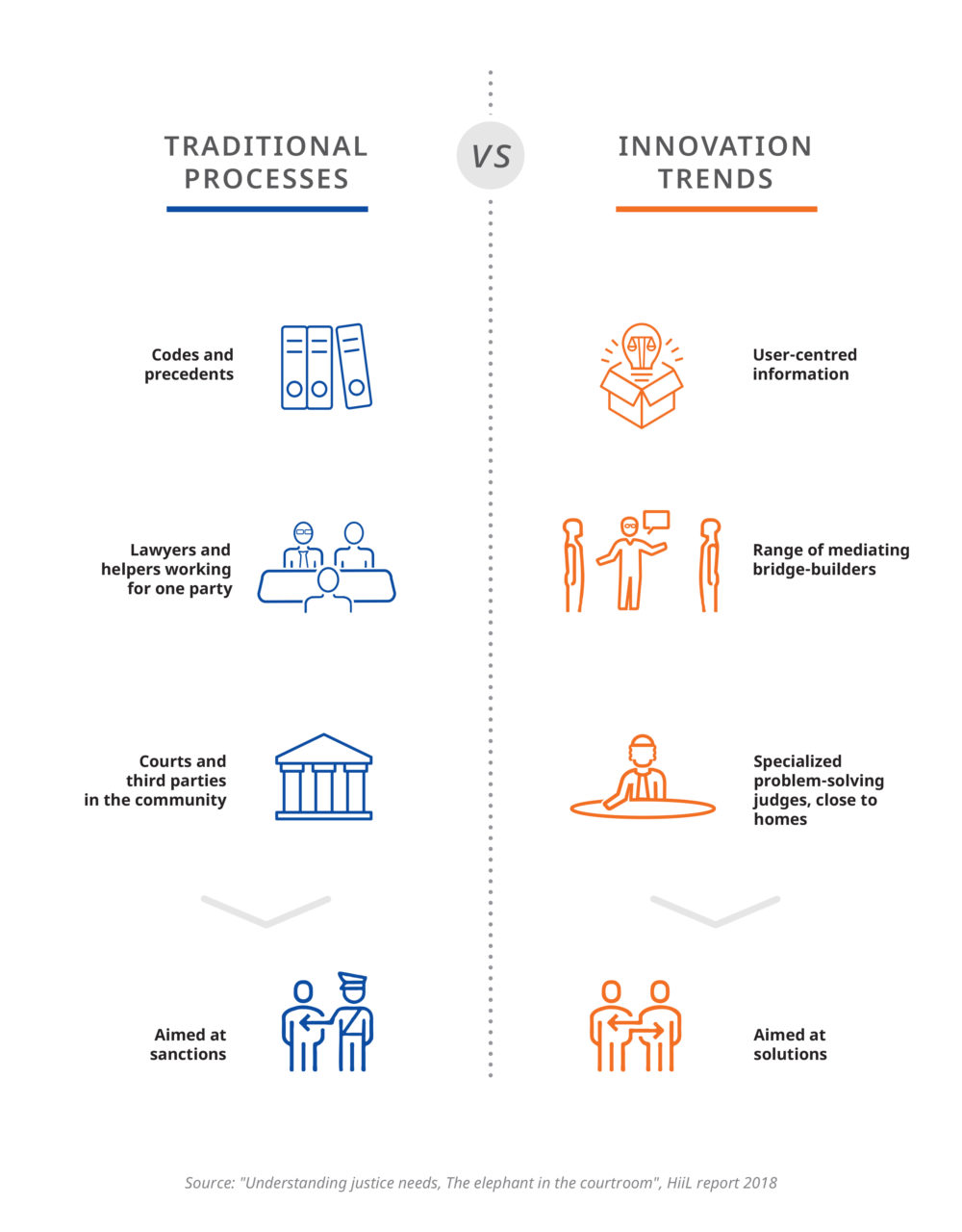Family unsure about the process
intro
2 billion people face a serious and unresolved conflict
They experienced violence, stress, loss of work and money, or damage to key relationships. For many people involved (60%) vital interests are at stake: their family life, their work future, the land they live on, the quality of their neighbourhood and their personal security. When people seek justice, they look for protection and respect. They want to have voice and information about what happened. Harm needs to be undone. Relationships need attention. Recognizing a role and jointly taking responsibility.
Resolving these conflicts requires bringing people together at a magnificent scale
Right now, people rely on litigation in overburdened courts (6%), or go to a great many friends, helpers and lawyers who each use their own methods. In countries studied, only one third of people’s most serious problems are solved in time. The data show that seeking agreement is the most effective way to deliver solutions. So the world needs to switch to mass production of high-quality understandings.
Innovation of legal services and courts enables seamless delivery of fair solutions
Globally, innovation is encouraging, nearing a major breakthrough. Online platforms are a promising way to support the supply of fair solutions at scale. Practical, local legal services do what works to build bridges and settle conflicts in communities. Judges are being released from courthouses and overly legalistic procedures so they can bring fair, authoritative solutions to the table when needed.
We suggest ten investments for closing the justice gap
1. Organizing the voice of the users
2. An open ecosystem for justice sector innovation;
3. An exemplary city of problem-solving justice;
4. Scaling up paralegals and facilitators;
5. User-friendly courts with local reach;
6. Legal aid firms barring injustice;
7. Do-It-Yourself and Online Supported Dispute Resolution Platforms;
8. Fair solutions and designing agreements;
9. Eradicating one type of injustice;
10. The World Justice Organization ensuring quality.
80 000
people interviewed
15
countries mapped
4?
years of collecting data

